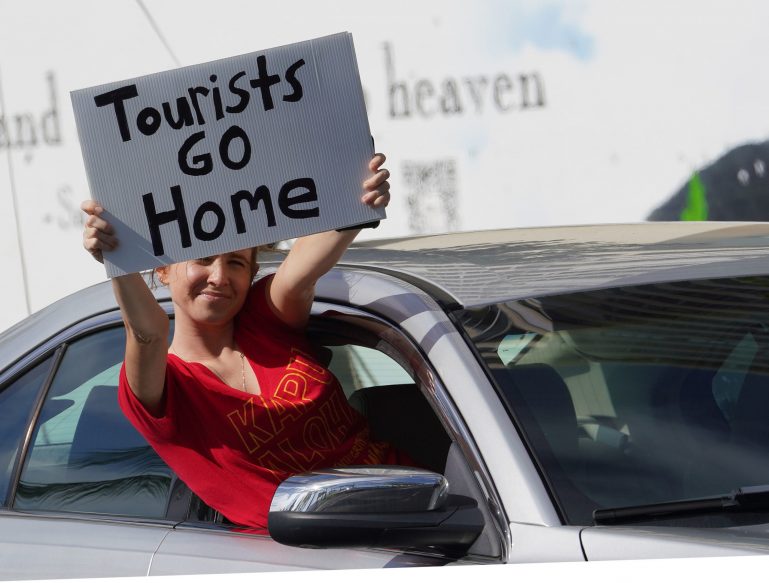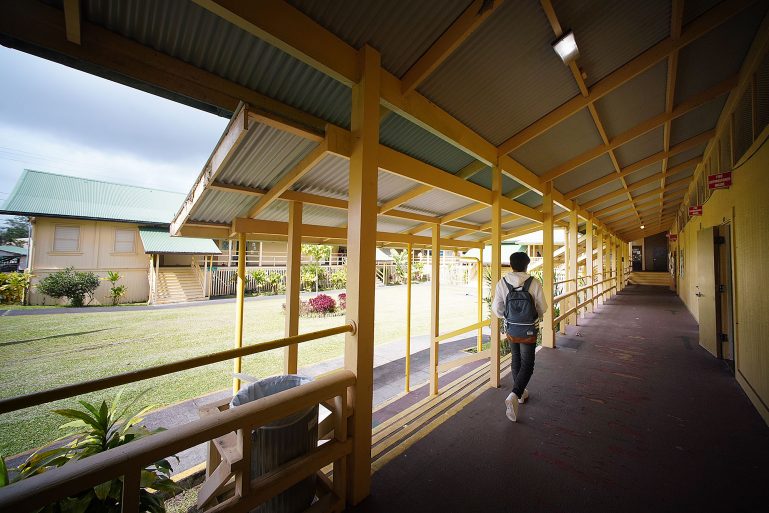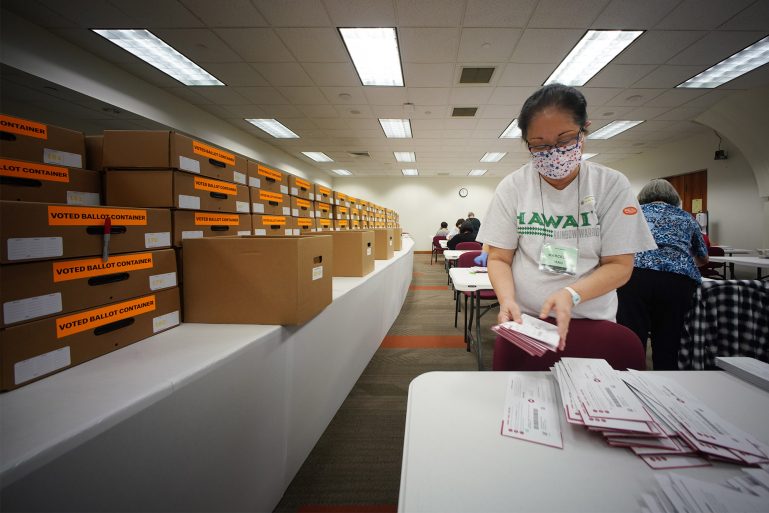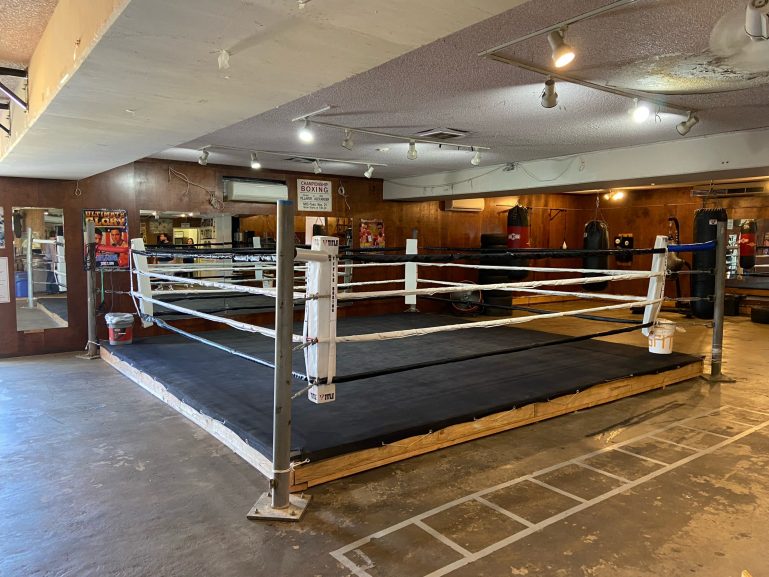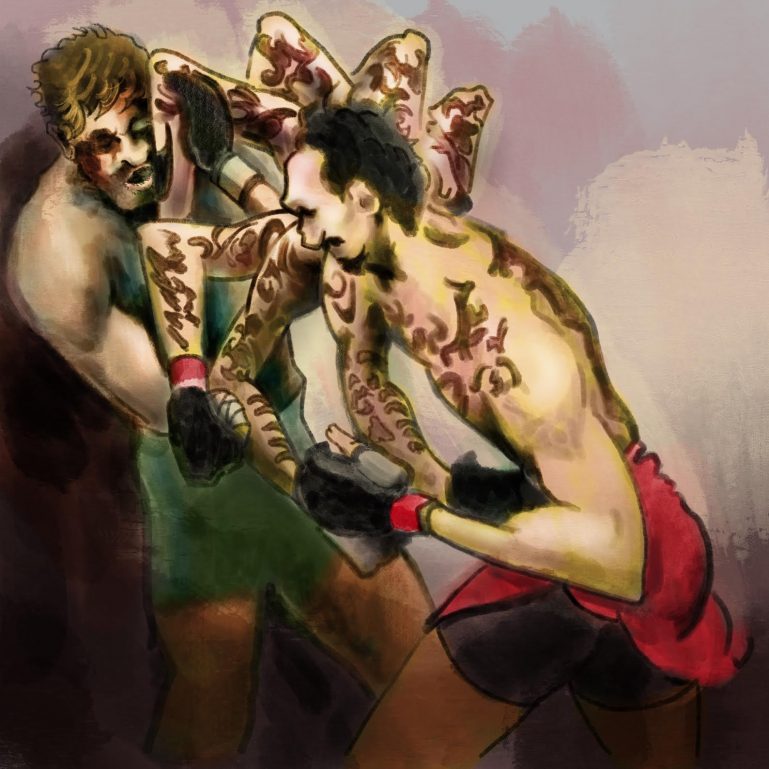Max Holloway always maintained that he approaches each fight like he’s 0-0, but heading into his bout against Calvin Kattar, reality was starker: he was 1-3 in the previous two years, the worst stretch of his incongruously long career. His lone win was a solid yet forgettable decision over a declining Frankie Edgar, easily his least impressive title fight.
It wasn’t just that he lost, or that he lost to the same person twice in a row. It was how he lost. Dustin Poirer matched Holloway’s vaunted pace for five rounds while hitting him with harder shots. Against Alexander Volkonovski, Max was outsmarted and oustruck—words typically reserved for how he wins.
In the Volkonovski rematch, Holloway established a clear two-round lead, and it looked like he was building another vintage avalanche win. But Volkonovski made the adjustments and poured it on late — more Holloway-isms — to scrape by with a split decision W.
Max was getting out-Max’d…
To read the rest of this essay and others, as well as see wonderful accompanying artwork, purchase The Fine Art of Violence Vol. 3 (physical book or ebook)
Read more

